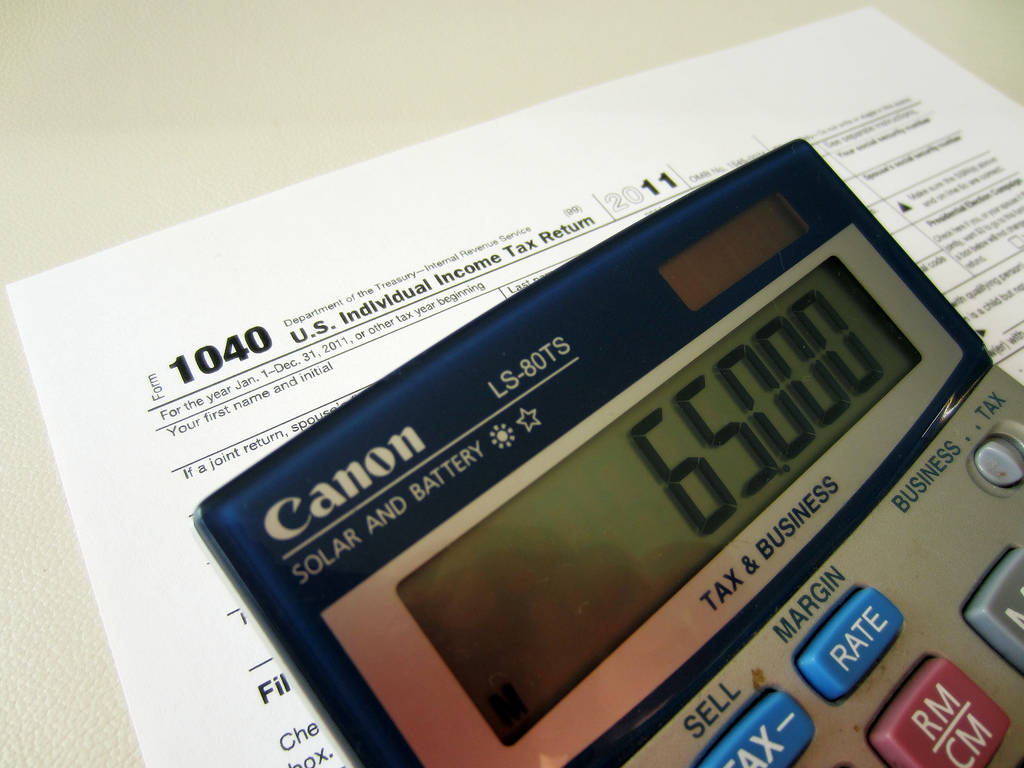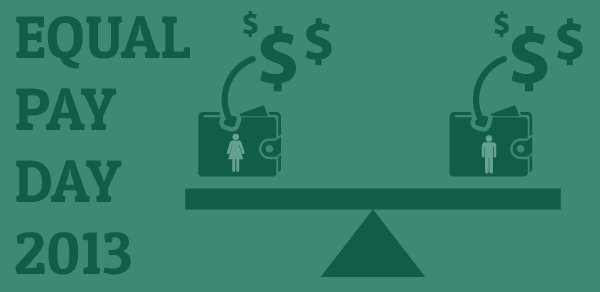We may have averted the looming fiscal cliff, but that doesn’t mean we’ve completely slipped by with no tax increases in 2013. If you’re like myself, you may have found that you had less cash in pocket after your first paycheck in 2013. It may not be a lot per paycheck, but it can add up. If you were already on a tight budget, it could be a downright unpleasant situation no matter how much more you are paying. It’s not an ideal situation, but it’s one that can be conquered. In fact, you can spin this negative situation into a positive one and parlay the tax increase into some positive life changes. After all, that’s what living in flux is all about.
Budget.
If you don’t have one already, it’s time to get out your calculator, Excel or Mint.com. You can’t adjust your spending if you don’t know how much you have to spend.
Plan ahead.
When you have a plan, you can work around the constraints that have been put upon you. If you want to reduce your expenses, one of the best ways to do this is by planning (and acting) ahead. Drink coffee? Make a cup before heading out the door in the morning. If you usually buy your lunch, start packing your lunch instead. Your grocery bill may be higher, but it’s likely that it will still be cheaper than buying your lunch every day. For travel, you can use miles or points to book airfare or hotel. To do this, you often have to book in advance. Vacation planning on a budget can be challenging, but the end result will definitely pay off when you’re still able to go on a trip even though you’re taking less home each week.
Cut down impulse buys.
When you go to the store, go with a list and avoid adding extra things to your cart as you may your rounds. It’s easy in the heat of the moment at Target to keep adding things you need to your cart. Put your blinders on! If you didn’t intend to buy it before you left your house, you probably don’t need to get it this very moment. Better yet, just stay out of the store.
Use weekends to your advantage.
Pre-tax increase, you may have been used to spending a leisurely weekend out on the town. Drinks out with friends! A movie! Shopping! Well, if you are used to going out on the weekends and spending money, an easy way to soften the blow of paying more taxes is to spend the weekend (or at least one of two nights) at home. Staying in over the weekend can be beneficial to more than your pocketbook. Do you have new years resolutions? The weekends are the perfect time to work on them. Go for a run (free, once you have shoes and basic equipment) or simply take a walk around the block. Don’t feel like going out in the cold? Use the weekend in to watch a movie, work on a project or start a side-business. If you’re interested in gaining back the money you are losing to taxes, starting a side-business or taking a part-time job or even selling some of your extra things on Craigslist can help you recoup the lost take-home pay. Catch-22 alert: Just be aware that if you earn money, you will have to pay taxes on it.
Remember your financial goals.
Whatever you do to deal with the increase in taxes, don’t stop working towards your financial goals – whether they be building an emergency fund, paying off debt or contributing to your retirement fund. Looking at your budget, one of the easiest ways to make up for the increase in taxes may be to stop or slow down your progress on your goals. Just. Don’t. Do. It. If you start contributing less to your savings or your retirement fund, you will not be able to fully realize the wonders of compound interest. If you’re paying off debt, it’s likely that the amount of interest you pay over time will go up. By letting your financial goals fall to the wayside or by attacking them less aggressively than you were, all you are doing is making it worse for yourself down the road. It may be the easy path to getting your budget back on track, but it’s certainly not the most financially prudent one.



